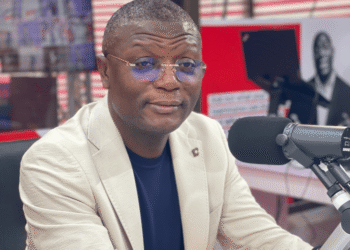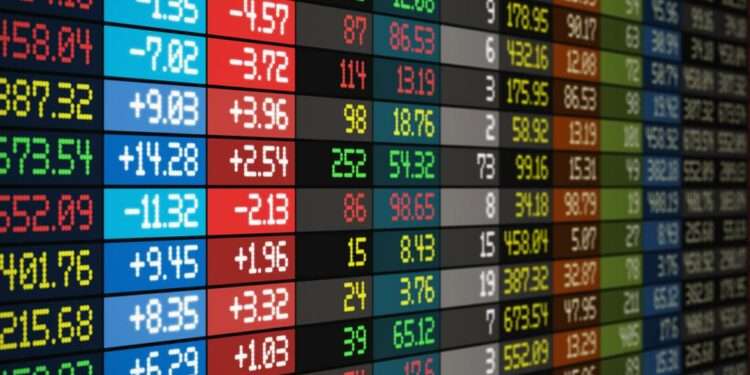Hong Kong’s leader has announced plans to speed up development of an economic powerhouse as the city seeks new economic growth engines to maintain its international competitiveness.
Chief Executive John Lee said that the city is now undergoing an economic transition, calling it an irreversible progress. “Transformation is an inevitable process for a stronger economy,” he said.
In his annual policy address, Lee announced that he will lead a committee on developing the Northern Metropolis, an ongoing project that envisions building a new IT hub and a university town near the Chinese tech hub of Shenzhen.
It aims to provide 650,000 jobs and house 2.5 million people. The development proposal was first floated in 2021 by his predecessor Carrie Lam.
Lee added that the government would devise a range of financing schemes and introduce legislation to empower the government to simplify procedures for issues such as setting up industrial park companies and speeding up building plan approvals.
The city’s gross domestic product is estimated to have grown 3.1% in the second quarter of 2025, supported by strong exports and improved domestic demand.
For the first half of this year, Hong Kong ranked first globally in funds raised through initial public offerings as a wave of Chinese companies sought to list in Hong Kong under US-China tensions.
However, vacant shops remain in various areas. Retail sales between January and July this year saw a drop. Restaurants have closed.
The slump stemmed from tourists spending less and many residents opting to spend weekends on mainland China for cheaper and more diverse offerings. The city’s latest unemployment rate was 3.7%.
A highlight of Lee’s policies was bolstering emerging industries such as artificial intelligence and data science.
The government plans to put up for tender a 10-hectare (24.7-acre) site this year for building a data facility cluster and launching an AI research and development institute next year.
Other sectors Lee wants to develop included pharmaceutical and medical products and new energies.
In an effort to integrate with national development, Hong Kong officials will set up a task force to drive mainland companies to use the city in their overseas expansion.
Lee noted that Hong Kong Monetary Authority will encourage banks, especially those from mainland China, to set up regional headquarters in the city for tapping markets such as Southeast Asia and the Middle East.
Lee, a former Security chief, fulfilled Beijing’s long-standing imperative to enact a homegrown national security law last year. Officials said that the law and a China-imposed security law were necessary for the city’s stability following massive anti-government protests in 2019.
However, he is under pressure to distinguish Hong Kong from regional rivals and mainland Chinese metropolises after a yearslong crackdown on democracy activism and Beijing’s tightening grip.
Hong Kong To Bolster Efforts To Become Higher Education Hub
Hong Kong also is vying to become a popular higher education hub. It has been stepping up efforts in recent months, especially after the administration of US President Donald Trump pressed colleges to limit the number of international students and increased student visa scrutiny.
Lee stated that his administration would further boost enrollment ceilings for international students of government-funded universities beginning in the next academic year and earmark new sites for construction of student hostels.
Separately, the University Grants Committee would earmark 40 million Hong Kong dollars (about $5 million) to support eight publicly funded universities in enhancing their publicity and recruitment of teachers and students outside Hong Kong.
To step up patriotic education, he said that the city would work with Shenzhen to promote a “new red educational route” to help Hong Kongers and tourists better understand the city’s history in World War II.
READ ALSO: Eni, and Partners Seal Energy Pact with Ghana to Boost Sustainable Production



















